Locations in Eatonton and Madison, GA
Serving Rockdale, Newton, Walton, Morgan, Oconee, Dekalb, Jasper, Clarke, Putnam, and Greene Counties
Call Today!
7 Important Questions for Your HVAC Service
Has your home's heating and cooling system been acting up lately? Maybe it's time to give your HVAC system a checkup and ask a contractor some important questions. An HVAC service technician can help keep your system running reliably all year long, but you'll want to be prepared with the right questions when they come to evaluate your needs. Read on for some top questions to ask during your next HVAC service.
1. When and Why Do I Need HVAC Services?
When was the last time your HVAC system had a full inspection and cleaning? Our experts recommend getting your system serviced at least once a year before peak heating and cooling seasons. During a checkup, a pro can check things like filters, belts, coils, thermostats, and more for any issues. They'll also test how well the system is operating overall. Asking when it was last serviced and what was checked will give you insight into its current condition. A good HVAC technician can spot small problems before they become costly repairs.
2. Do I Need Any Upgrades?
If parts of your HVAC system are several years old, it may be time for some strategic replacements or upgrades. Ask the technician what components may need updating soon and what benefits new equipment could provide. For example, a high-efficiency furnace or air conditioner can lower energy bills year-round. Or upgrading to a smart thermostat allows remote control and scheduling from your phone. Knowing which upgrades make the most economical and comfortable sense will help you plan your system investments.
3. How's the Air Quality?
Another important check during an HVAC service is inspecting filters, ducts, and vents for cleanliness. Over time, dust and contaminants can accumulate here and affect your indoor air quality. Question the technician about any areas needing a thorough cleaning. Dirty filters in particular cause systems to work less efficiently. Ask if newer, tighter-fitting filters could capture more particles. Good indoor air quality is key for health and comfort, so addressing any air quality concerns uncovered is important.
4. What Servicing Do You Recommend?
Your technician will likely suggest an ongoing maintenance plan after evaluating your system. Inquire about what types of regular servicing they advise, like seasonal tune-ups, filter replacements, or safety inspections. Following the manufacturer's recommendations is ideal. Also, find out if any repair warranty coverage comes with continued preventative maintenance. Catching minor issues before they worsen goes a long way in extending the life of HVAC equipment down the road.
5. How's the Ductwork?
While filters and coils get attention, the ductwork connecting your vents often gets overlooked. Over time, ducts can leak, and ask how inspecting and sealing ducts could benefit your system and energy costs. Any ductwork in unconditioned areas like attics and crawlspaces should be well insulated too. Your technician can spot duct trouble spots through pressure tests. Fixing leaks and adding insulation where needed gets the maximum efficiency from your HVAC equipment investment.
6. How Can I Save on Energy Bills?
With skyrocketing energy costs, saving on HVAC runtime is a priority. Your technician will have valuable efficiency tips based on your system, home architecture, and climate. Ask what simple actions you can take to trim utility bills, like adjusting your programmable thermostat schedules or improving insulation. New HVAC systems provide cutting-edge efficiency, but tweaks and upgrades for existing equipment deliver savings too. Reducing energy waste saves money and lessens environmental impact.
7. Do You Have Any Payment Plans?
Some HVAC services offer financing for major repairs or full system replacements to make the costs more manageable. Inquire if payment plans or low-interest loans are available for servicing, repairs, or upgrades through the company. Especially if safety issues are found or equipment fails prematurely, financing options make the necessary improvements feasible. Knowing your options upfront prepares you if bigger HVAC work becomes recommended down the road.
Having an open dialogue with your trusted HVAC contractor will yield valuable information to maintain your system and manage costs. Don't hesitate to ask any other questions that come up too. A reliable HVAC service technician strives to fully educate homeowners. You'll benefit from understanding your system and identifying issues or improvements early.
According to This Old House, in the United States, 90% of homes use AC equipment. With the right maintenance and updates, your HVAC equipment will serve your family's comfort needs for many years to come. When your HVAC unit is due for maintenance or cleaning services, call Airtekk Comfort Solutions for an appointment.

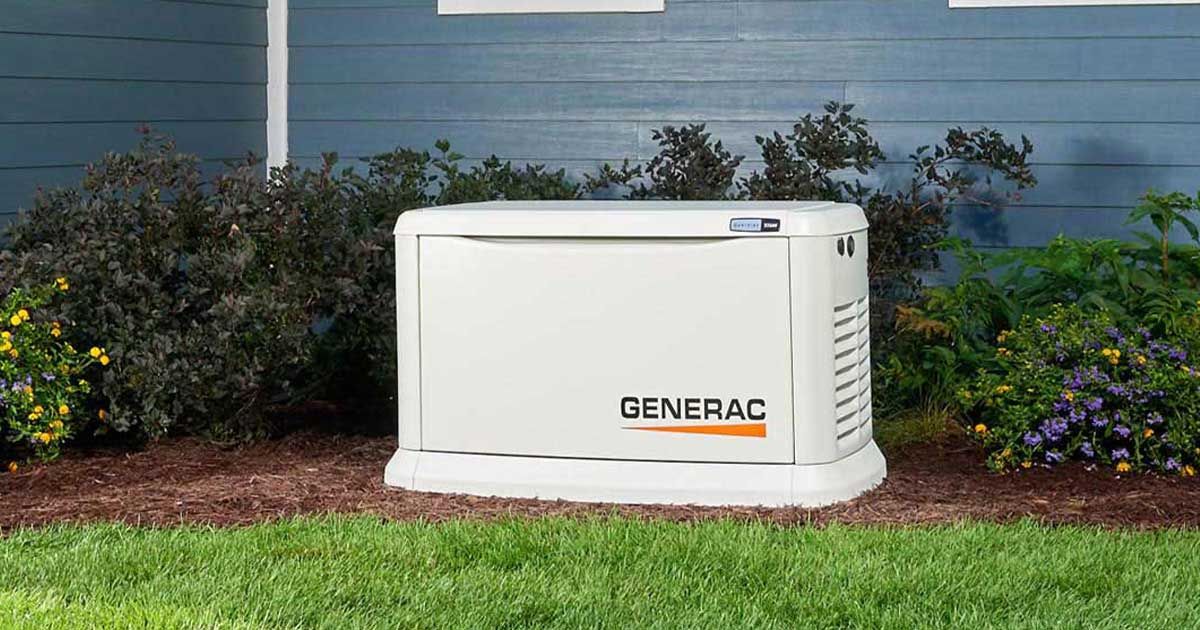
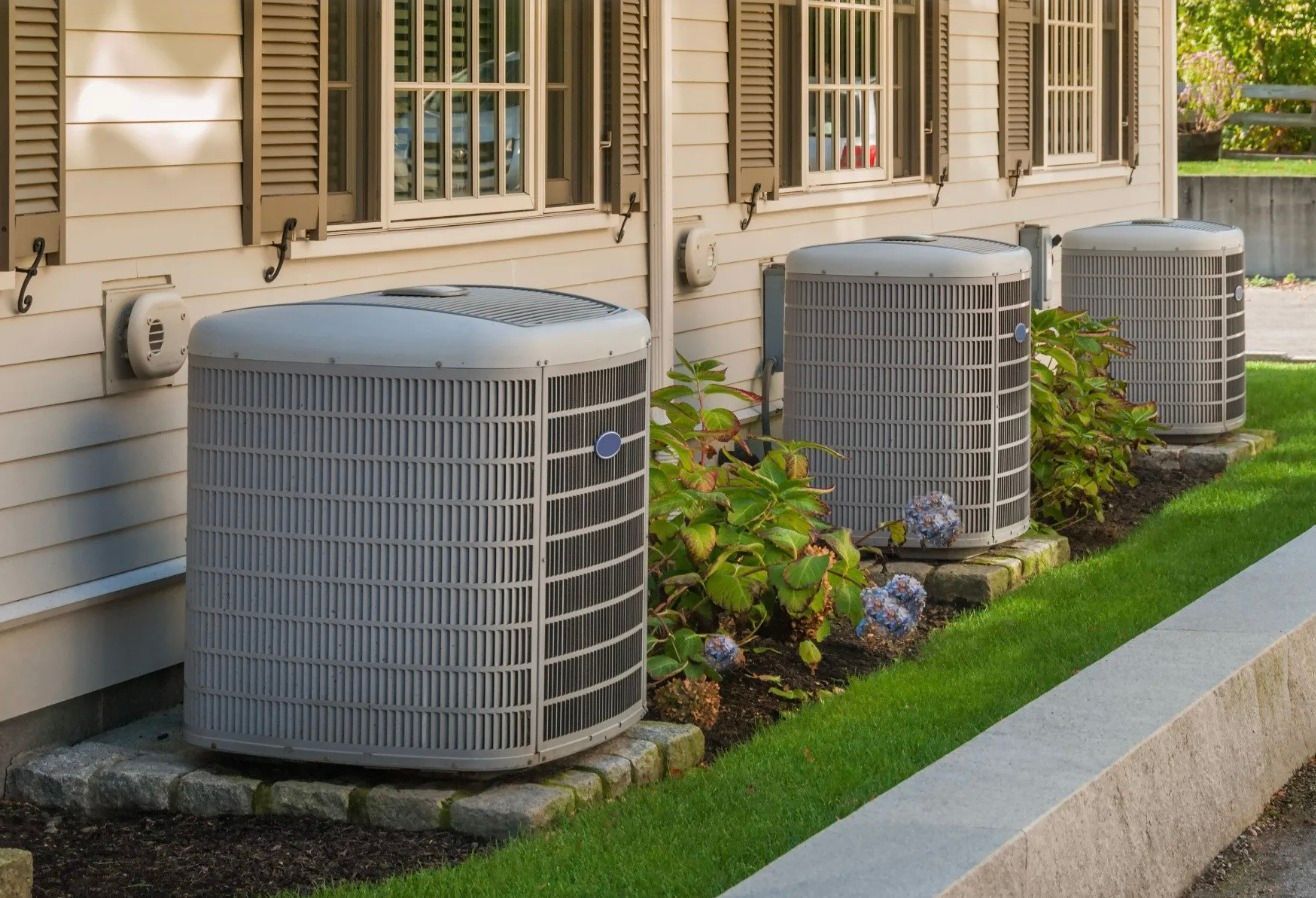
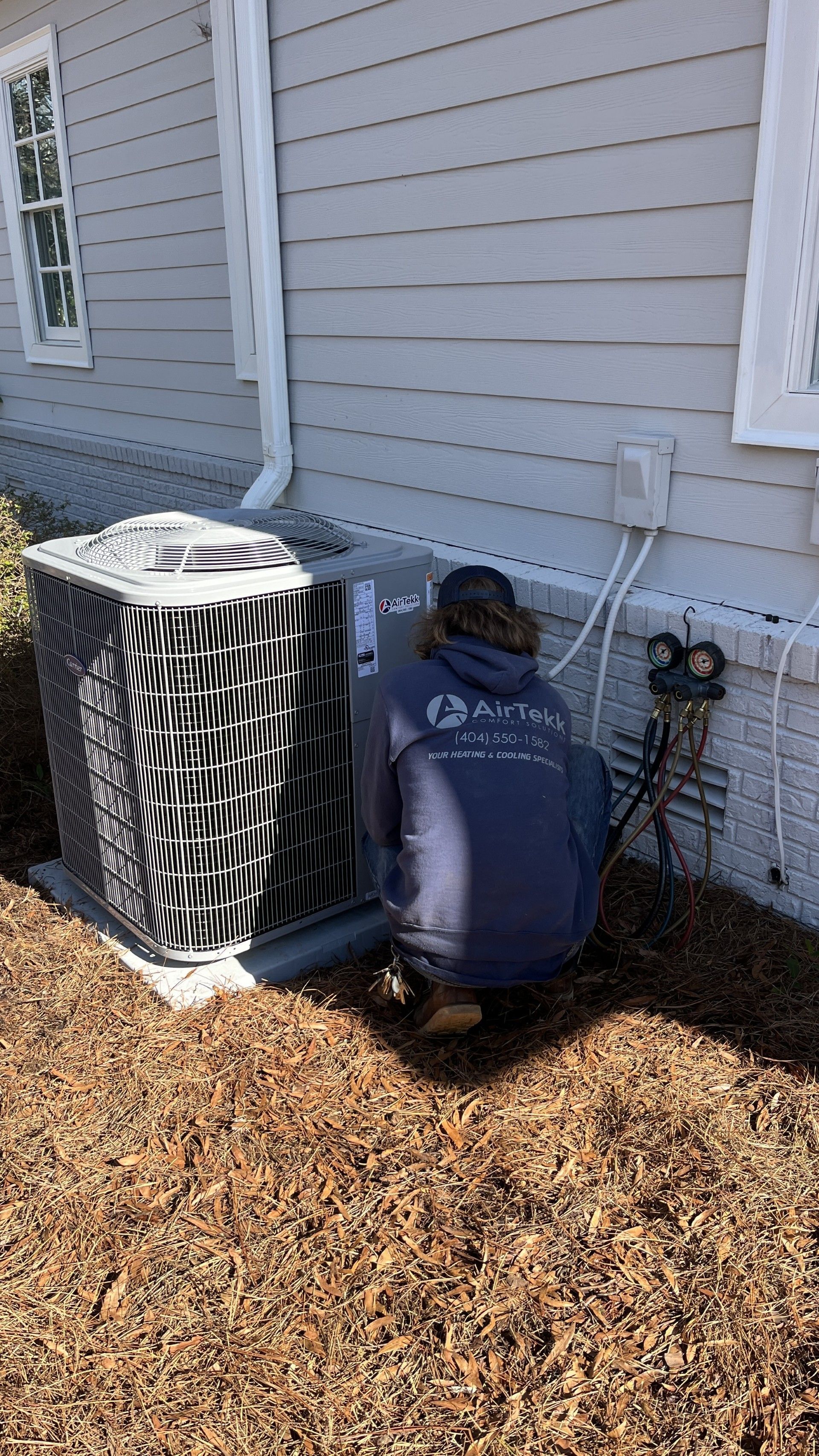
HOURS
SERVING
Rockdale County, Newton County, Walton County, Morgan County, Oconee County, Dekalb County, Jasper County, Clarke County, Putnam County and Greene County and Surrounding Areas
CONTACT US
State License #CR 110122

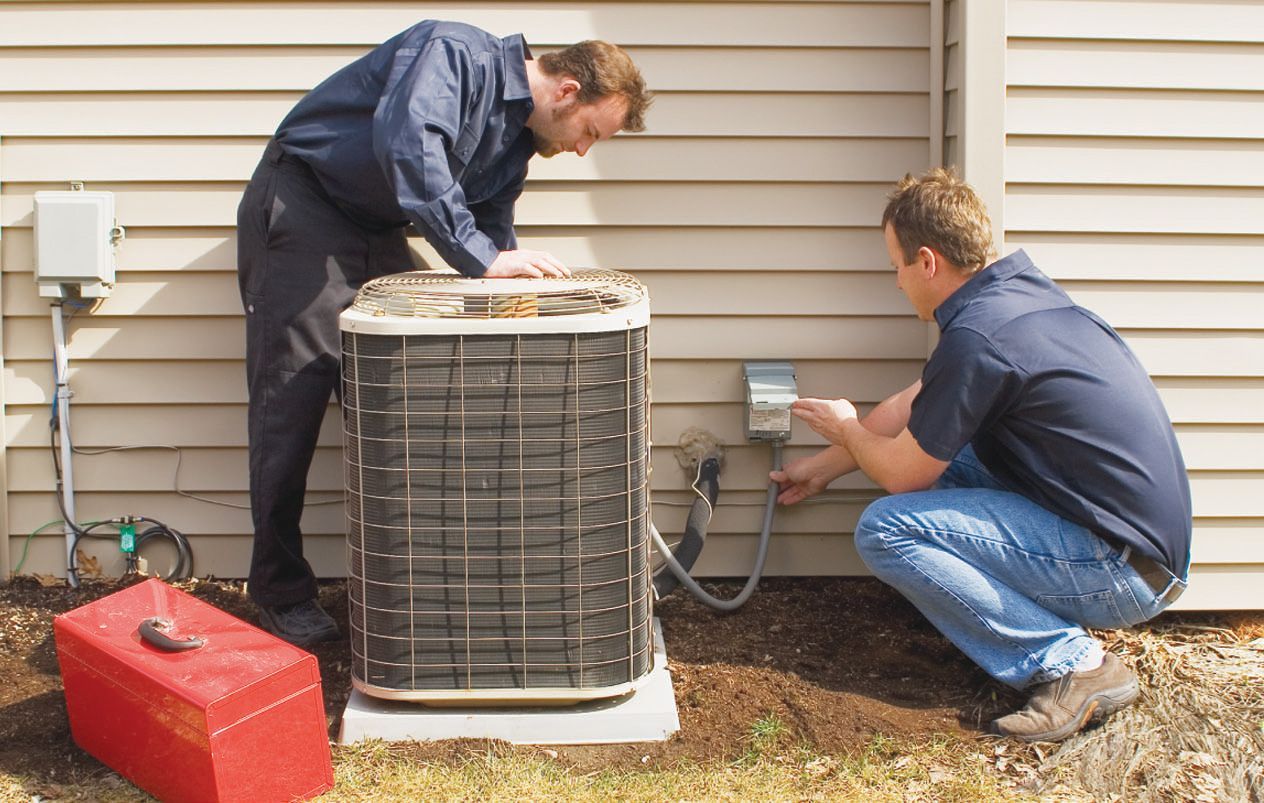
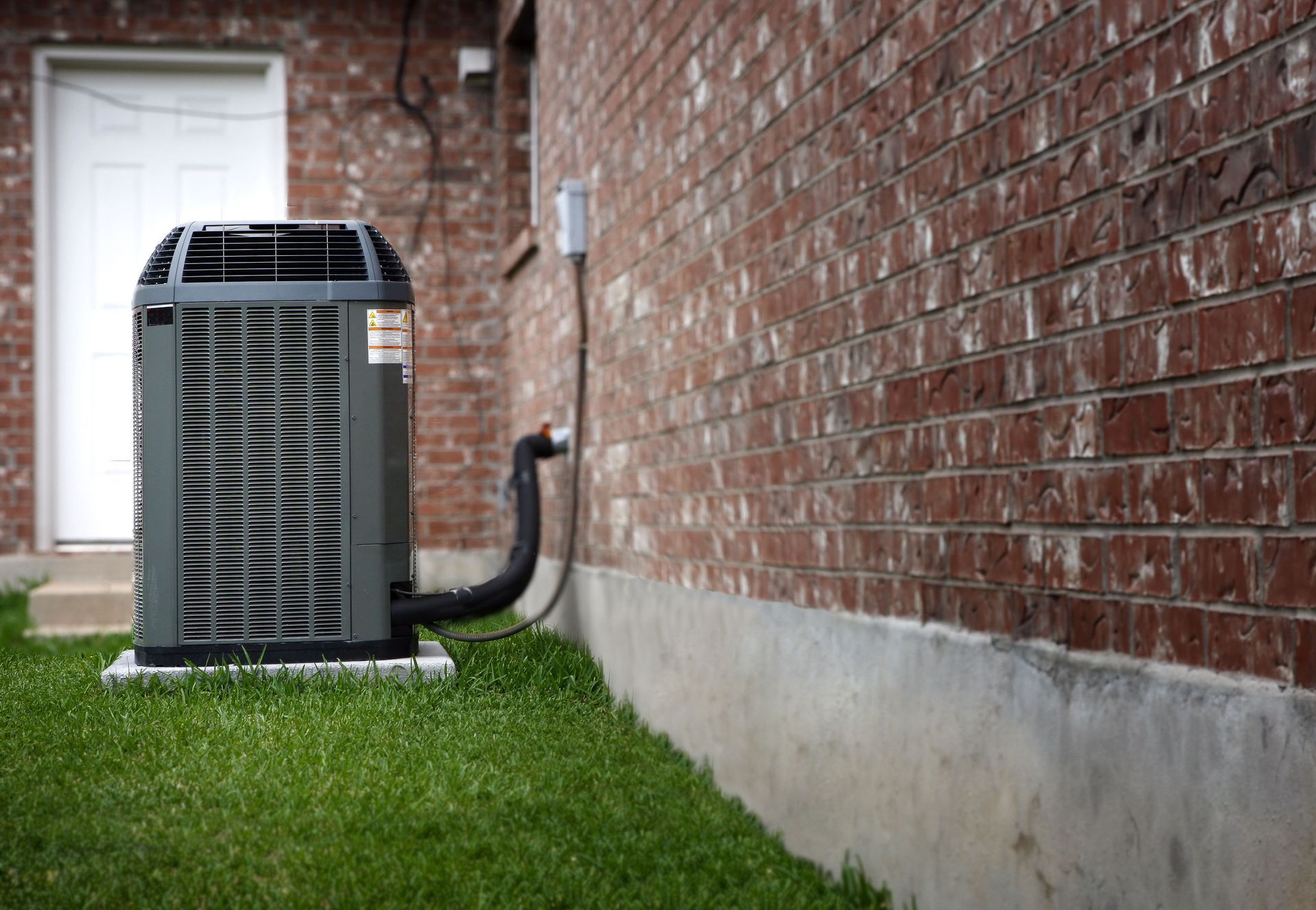
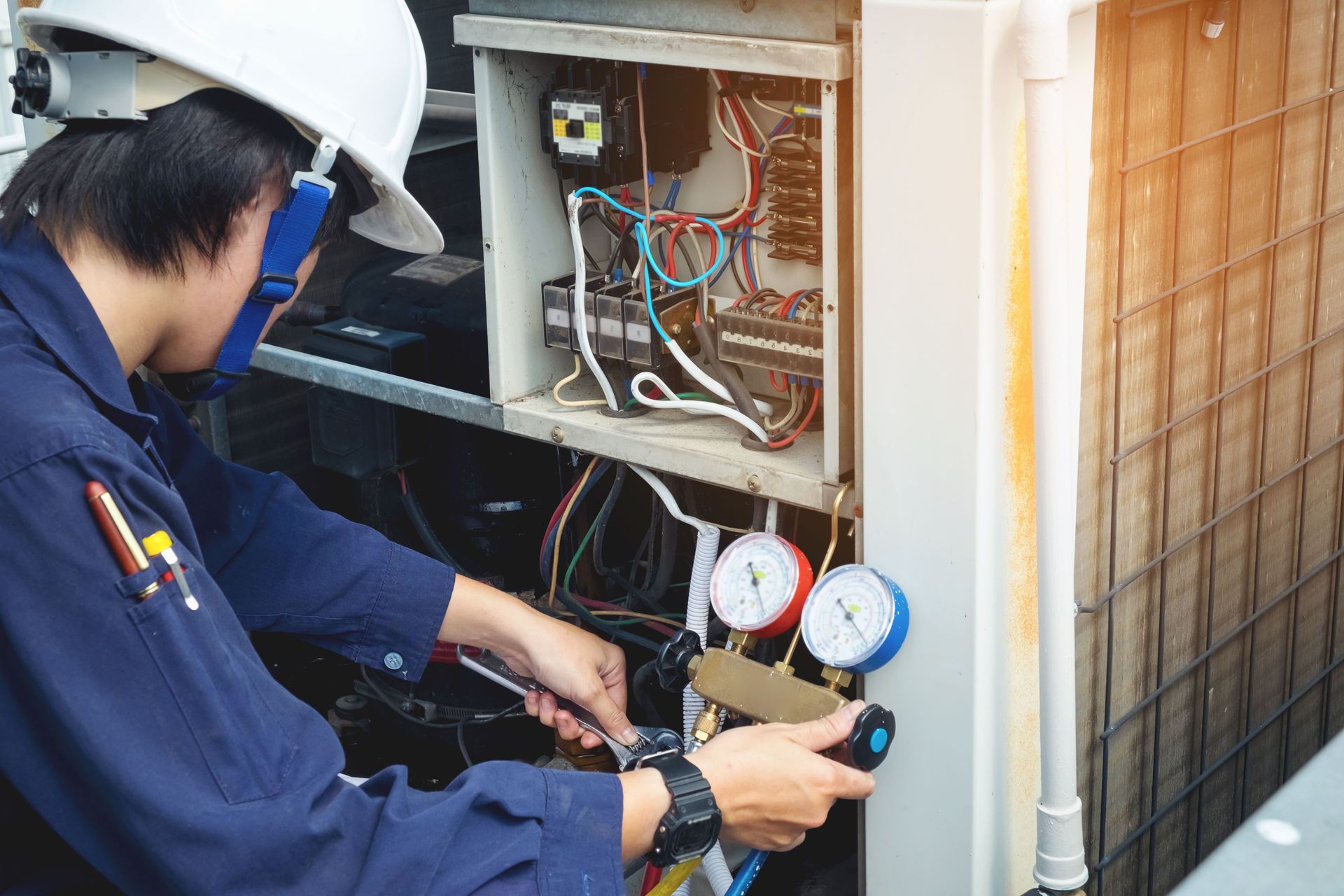
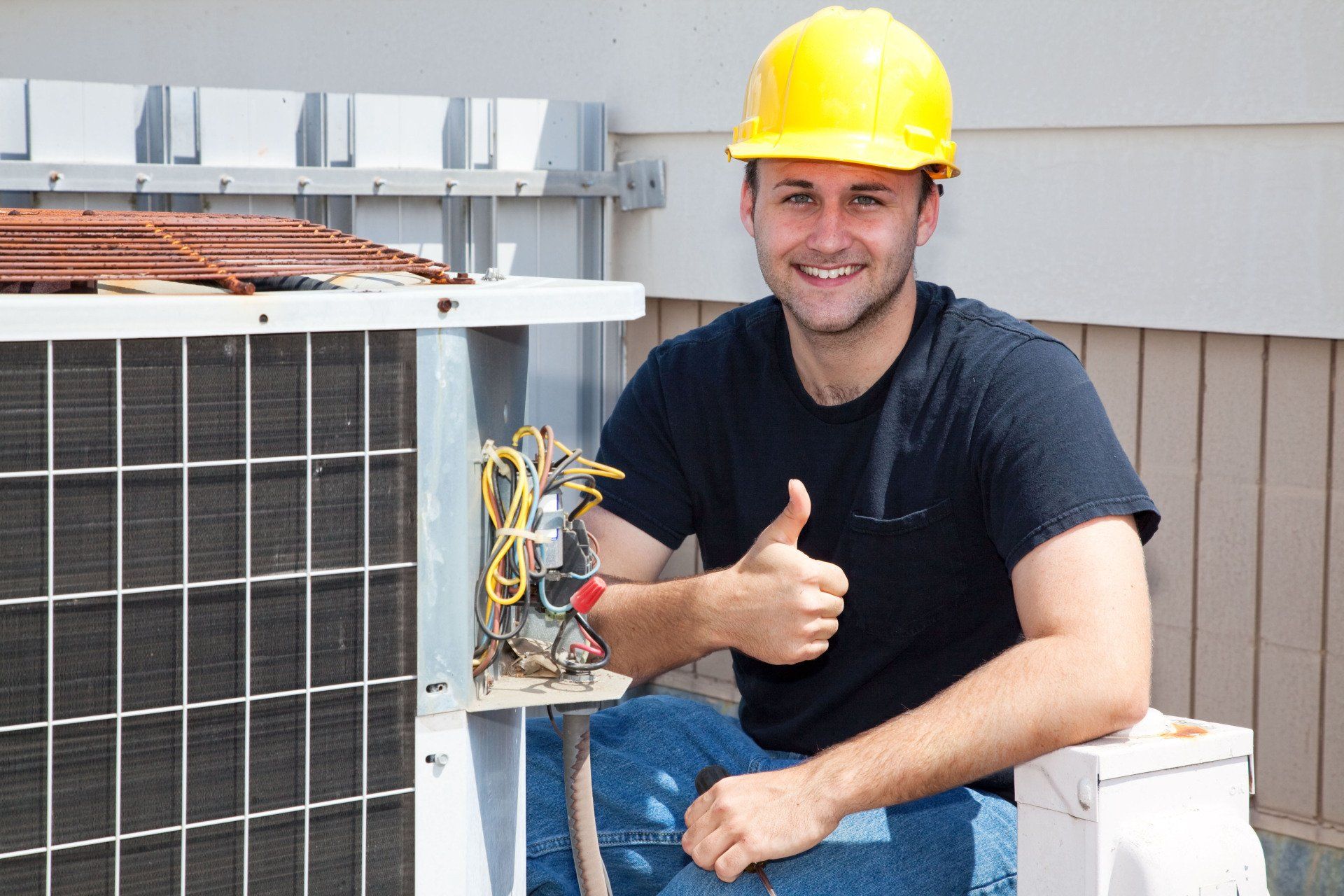
Share On: